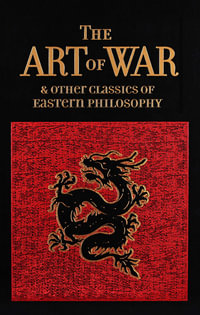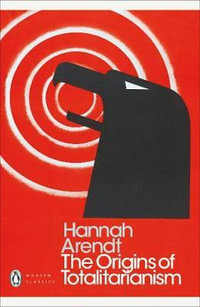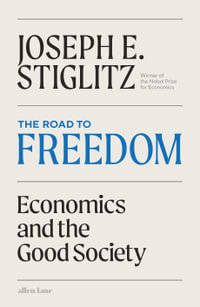The machinery of presidential government
When Franklin Roosevelt decided his administration needed a large executive staff, he instituted dramatic and lasting changes in the federal bureaucracy and in the very nature of the presidency. Today, no president can govern without an enormous White House staff. Yet analysts have disagreed about whether the key to a president's success lies in his ability to understand and adapt to the constraints of this bureaucracy or in his ability to control and even transform it to suit his needs.
In The Institutional Presidency John Burke argues that both skills are crucial. Burke examines how the White House staff system--larger and more powerful than ever--interacts with a particular president's management ability and style. Beginning with the institutional presidency that emerged during the Roosevelt administration, this new edition includes a revised chapter on the Bush administration and a new chapter on Bill Clinton.
Industry Reviews
"A useful synthesis of the knowledge that presidency-watchers have gleaned about the formal operations of the White House... The book is ideally suited for use as a supplementary text in presidency and bureaucracy courses, especially those that emphasize policy rather than politics or prerogative." -- Richard M. Pious, Political Science Quarterly, reviewing a previous edition or volume "There is little to take issue with in Burke's forcefully argued account... He succeeds in his aims admirably, weaving together two important strands of the literature into an analysis that ought to modify, if not change, the direction of future scholarship. This book should be read by all presidency specialists, including presidents themselves." -- John Hart, American Political Science Review, reviewing a previous edition or volume "There is little to take issue with in Burke's forcefully argued account... He succeeds in his aims admirably, weaving together two important strands of the literature into an analysis that ought to modify, if not change, the direction of future scholarship. This book should be read by all presidency specialists, including presidents themselves."
--John Hart "American Political Science Review " "A useful synthesis of the knowledge that presidency-watchers have gleaned about the formal operations of the White House... The book is ideally suited for use as a supplementary text in presidency and bureaucracy courses, especially those that emphasize policy rather than politics or prerogative."
--Richard M. Pious "Political Science Quarterly " There is little to take issue with in Burke's forcefully argued account... He succeeds in his aims admirably, weaving together two important strands of the literature into an analysis that ought to modify, if not change, the direction of future scholarship. This book should be read by all presidency specialists, including presidents themselves.
--John Hart "American Political Science Review " A useful synthesis of the knowledge that presidency-watchers have gleaned about the formal operations of the White House... The book is ideally suited for use as a supplementary text in presidency and bureaucracy courses, especially those that emphasize policy rather than politics or prerogative.
--Richard M. Pious "Political Science Quarterly " A useful synthesis of the knowledge that presidency-watchers have gleaned about the formal operations of the White House... The book is ideally suited for use as a supplementary text in presidency and bureaucracy courses, especially those that emphasize policy rather than politics or prerogative.--Richard M. Pious "Political Science Quarterly " There is little to take issue with in Burke's forcefully argued account... He succeeds in his aims admirably, weaving together two important strands of the literature into an analysis that ought to modify, if not change, the direction of future scholarship. This book should be read by all presidency specialists, including presidents themselves.--John Hart "American Political Science Review " "There is little to take issue with in Burke's forcefully argued account... He succeeds in his aims admirably, weaving together two important strands of the literature into an analysis that ought to modify, if not change, the direction of future scholarship. This book should be read by all presidency specialists, including presidents themselves." -- John Hart, American Political Science Review, reviewing a previous edition or volume "A useful synthesis of the knowledge that presidency-watchers have gleaned about the formal operations of the White House... The book is ideally suited for use as a supplementary text in presidency and bureaucracy courses, especially those that emphasize policy rather than politics or prerogative." -- Richard M. Pious, Political Science Quarterly, reviewing a previous edition or volume
























